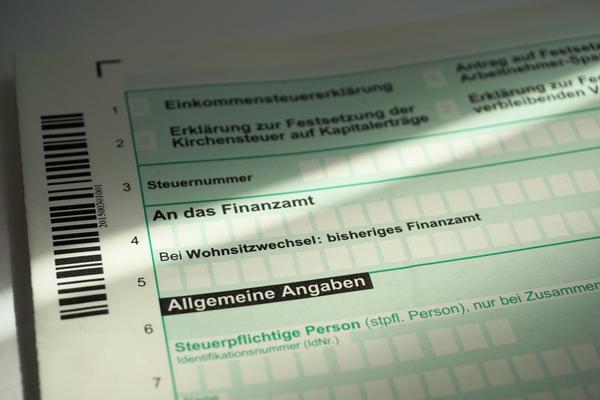Essential steps for completing your ITR: E-verification matters

Filing your Income Tax Return (ITR) is more than just submitting forms; it involves a crucial step that ensures the completion of the process—verification.
While the deadline for filing ITRs for the assessment year 2024-25 was July 31, the process doesn’t end there. Verifying your ITR is essential to confirm its acceptance by the Income Tax Department.
To make this process more efficient, the government has introduced several methods for e-verification. These steps streamline the procedure, making it easier for taxpayers to comply.
E-verification is a critical step in processing ITRs and issuing any refunds. By July 31, 2024, over 6.21 crore ITRs were e-verified, with 93.56% using Aadhaar-based OTPs.
Additionally, 43.34% of these verified ITRs have already been processed for the assessment year 2024-25.
Starting August 2022, the time limit to e-verify your ITR was reduced from 120 days to 30 days. Taxpayers must verify their returns within 30 days of filing to avoid penalties.
For returns submitted before August 1, 2022, the earlier 120-day limit still applies. If the verification is completed within the new 30-day timeframe, the date of electronic submission is considered the filing date.
Missing the 30-day deadline can have consequences. If the verification is done after the deadline, the verification date will be treated as the filing date, leading to penalties for late filing.
For instance, failing to verify an ITR filed by July 31, 2024, within the stipulated time will result in a penalty of ₹5,000 under Section 234F. Moreover, any potential refunds will be withheld until verification is completed.
If you miss the verification deadline, you can request a condonation of delay by providing a valid reason. The e-verification process will be considered complete only after this request is approved by the Income Tax Authority.
Several methods are available for e-verification. Some are Aadhaar OTP, Electronic Verification Code via a pre-validated bank or DEMAT account, Net Banking, and Digital Signature Certificate (DSC).
Each method offers a convenient way to complete the verification process, ensuring that your ITR is successfully filed and processed.
Image from Pxhere (Free for commercial use / CC0 Public Domain)
Image Published on March 08, 2017
Image Reference: https://pxhere.com/en/photo/1038566










Leave a Reply